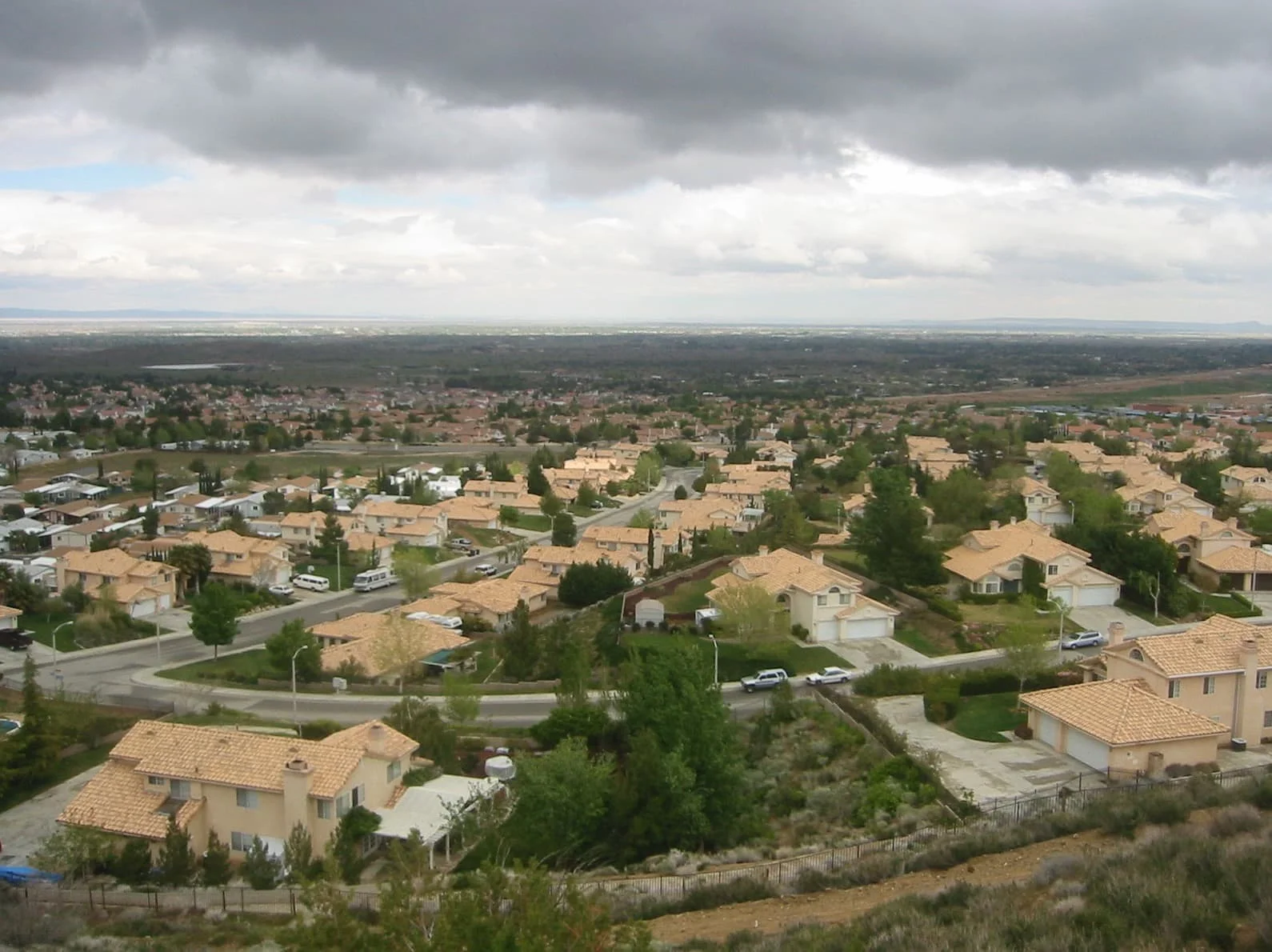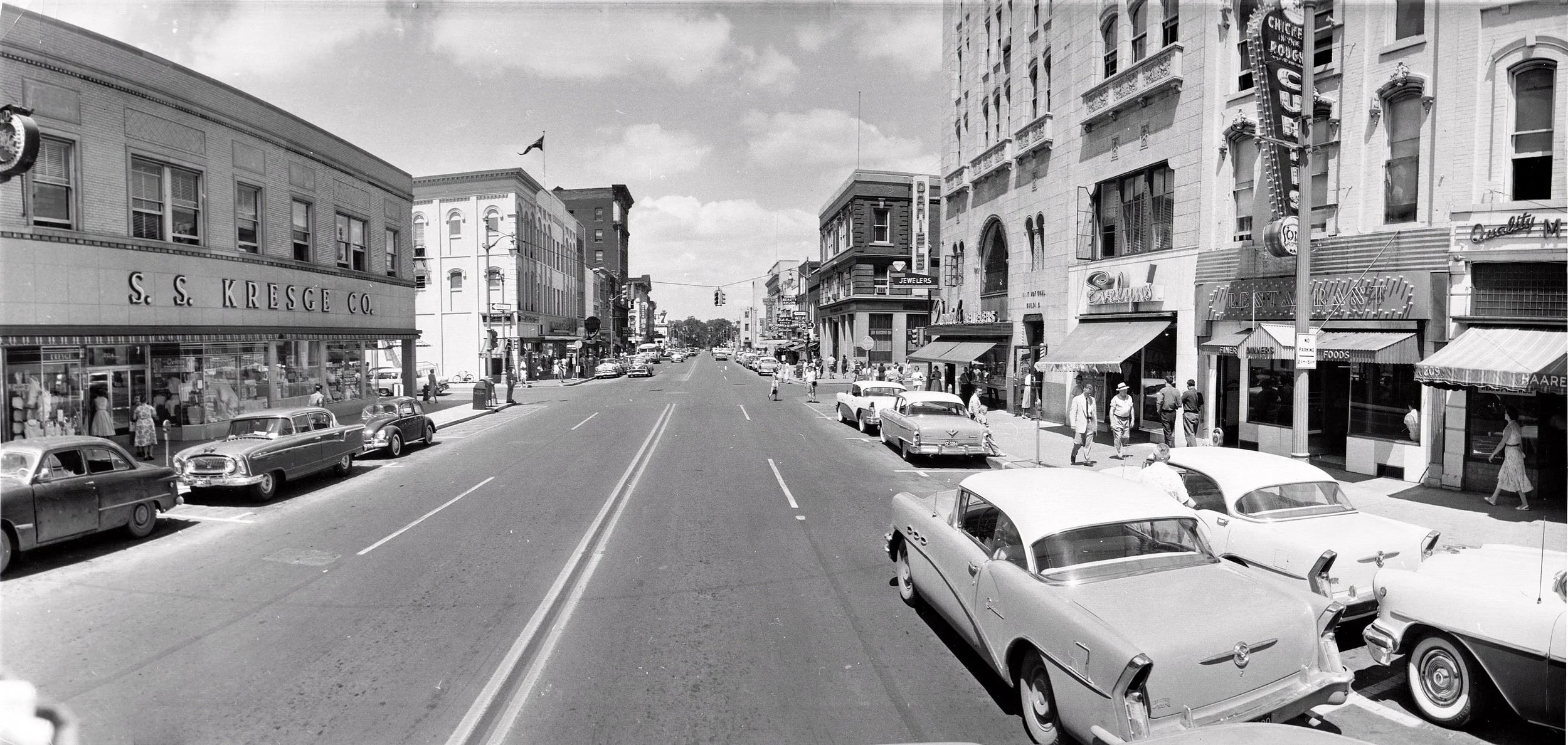Strong Towns kicks off Big Box Week, looking at the promises cities make and the risks they take when a new big box store goes in.
Read MoreMost American cities experience a modest, short term illusion of wealth in exchange for enormous, long term liabilities.
Read MoreThis story is not unique: a mid-sized Minnesota town is preparing to adopt a 50-year-old neighborhood. As the neighborhood struggles to pay for long-term maintenance on its roads and pipes, it seems like neither annexation nor autonomy will really solve the problem.
Read MoreFor local governments, the Growth Ponzi Scheme has allowed national politicians to promise a free lunch while forcing those lower on the food chain to absorb the long term costs associated with hitting this quarter’s GDP targets.
Read MoreA reference list of Strong Towns terminology.
Read MoreOver the last several years, we have seen the Strong Towns message of financial resilience and strong communities reach dozens of towns and cities across the country. Last week, the message was shared at a conference in Dubuque, Iowa by a Strong Towns member, John Griffin.
Read MoreFollowing a Curbside Chat earlier this year, Waco, Texas, is taking some difficult and important steps towards getting their financial house in order.
Read MoreNecessary repairs to roads and streets often get put off for a later time despite the fact that we see them decline before our eyes. This is an even bigger problem for underground infrastructure where the problem is out of sight, out of mind.
Read MoreJobs and growth are the results of a productive system, not a proxy for one.
Read MoreAmerica’s cultural belief is that growing cities experience not only opportunity and prosperity today, but the growth allows them to experience success far into the future. There is a built-in assumption that new growth pays for itself today and generates enough wealth to sustain itself generation after generation.
These are flawed assumptions.
Read MoreMassive, quick change is only going to come by having a nation of people who care about their communities and are prepared, as an expression of that caring, to share the Strong Towns message with their friends and neighborhoods, then take action together to change their places. That's the Strong Towns movement.
Read MoreWe have to stop looking at the stagnation and decline of our blocks and neighborhoods as a normal part of the development process.
Read MoreThe underpinnings of the current financial crisis lie in a living arrangement—the American pattern of development—that does not financially support itself.
Read MoreIf you want a simple explanation for why our economy is stalled and cannot be restarted, it is this: Our places do not create wealth, they destroy wealth.
Read MoreOur development pattern is not productive enough to sustain itself.
Read MoreOur national economy is "all in" on the suburban experiment. We cannot sustain the trajectory we are on, but we've gone too far down the path to turn back.
Read MoreHow did we build such an amazing place before the home mortgage interest deduction? How did we accomplish this before zoning? What created this place before we had state and federal subsidies of local water and sewer systems?
Read More
















